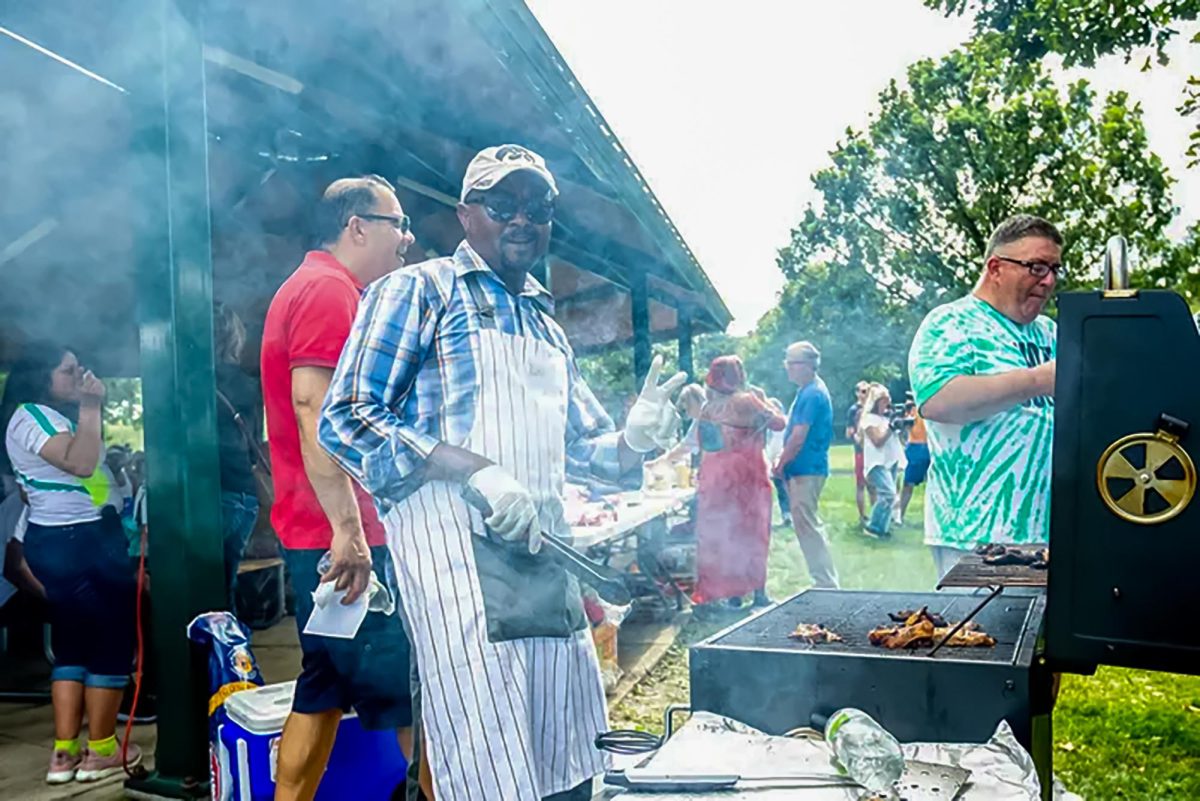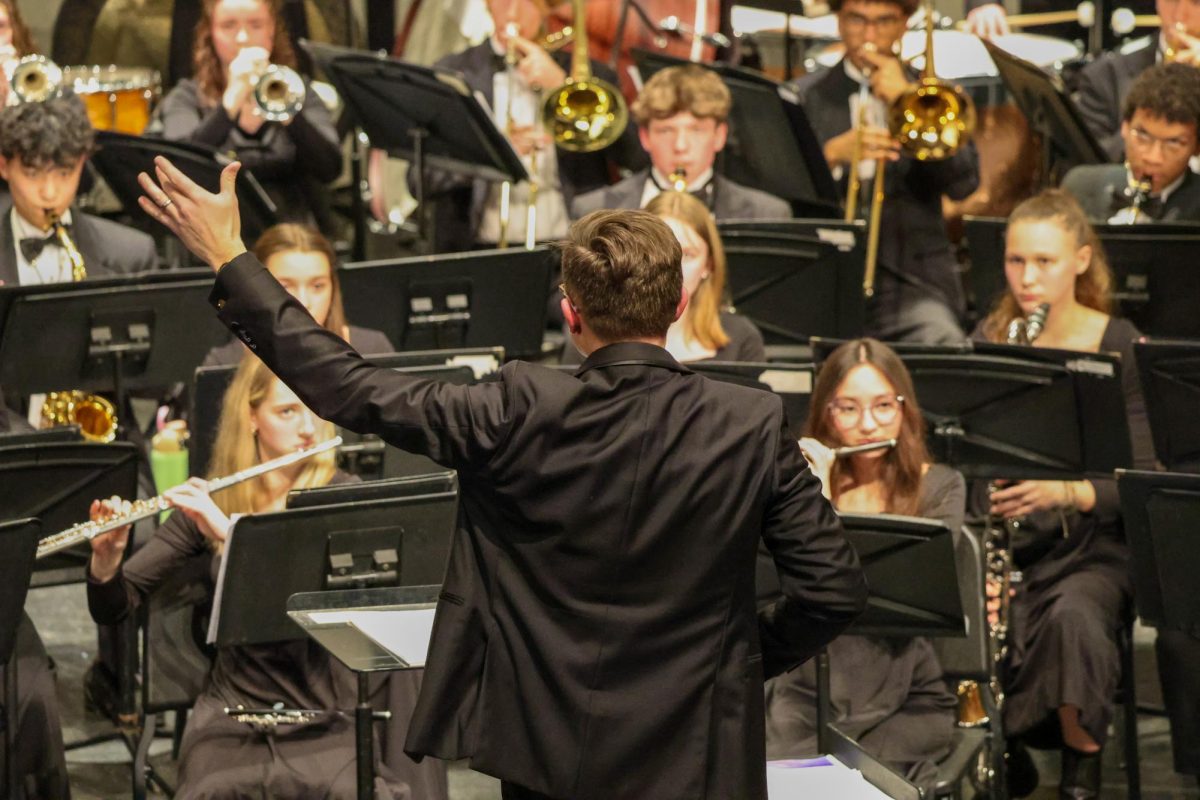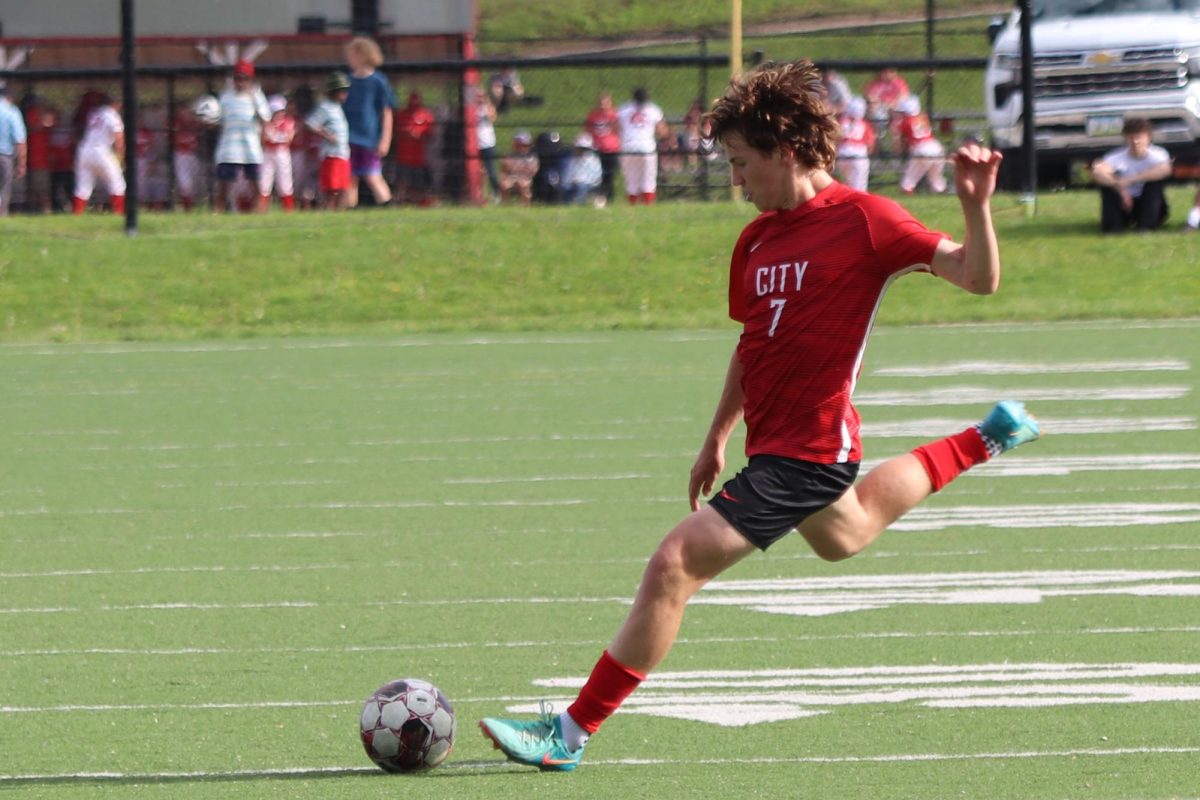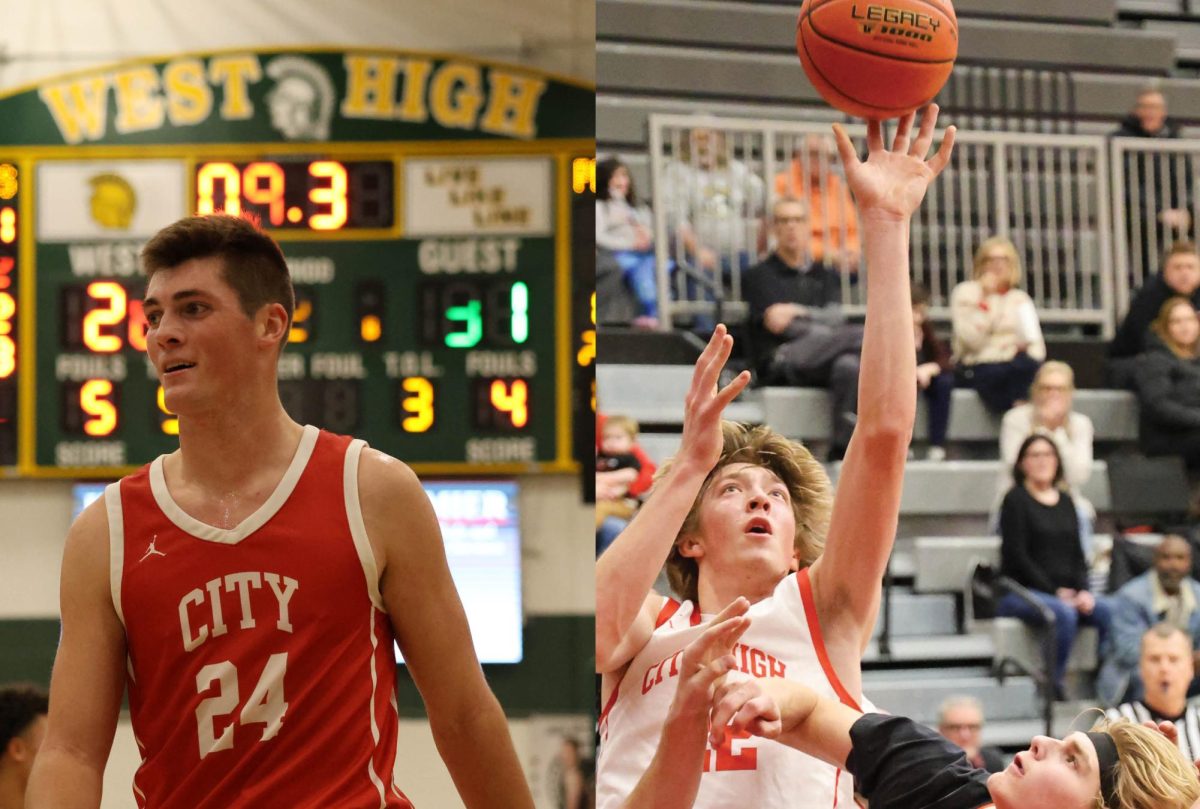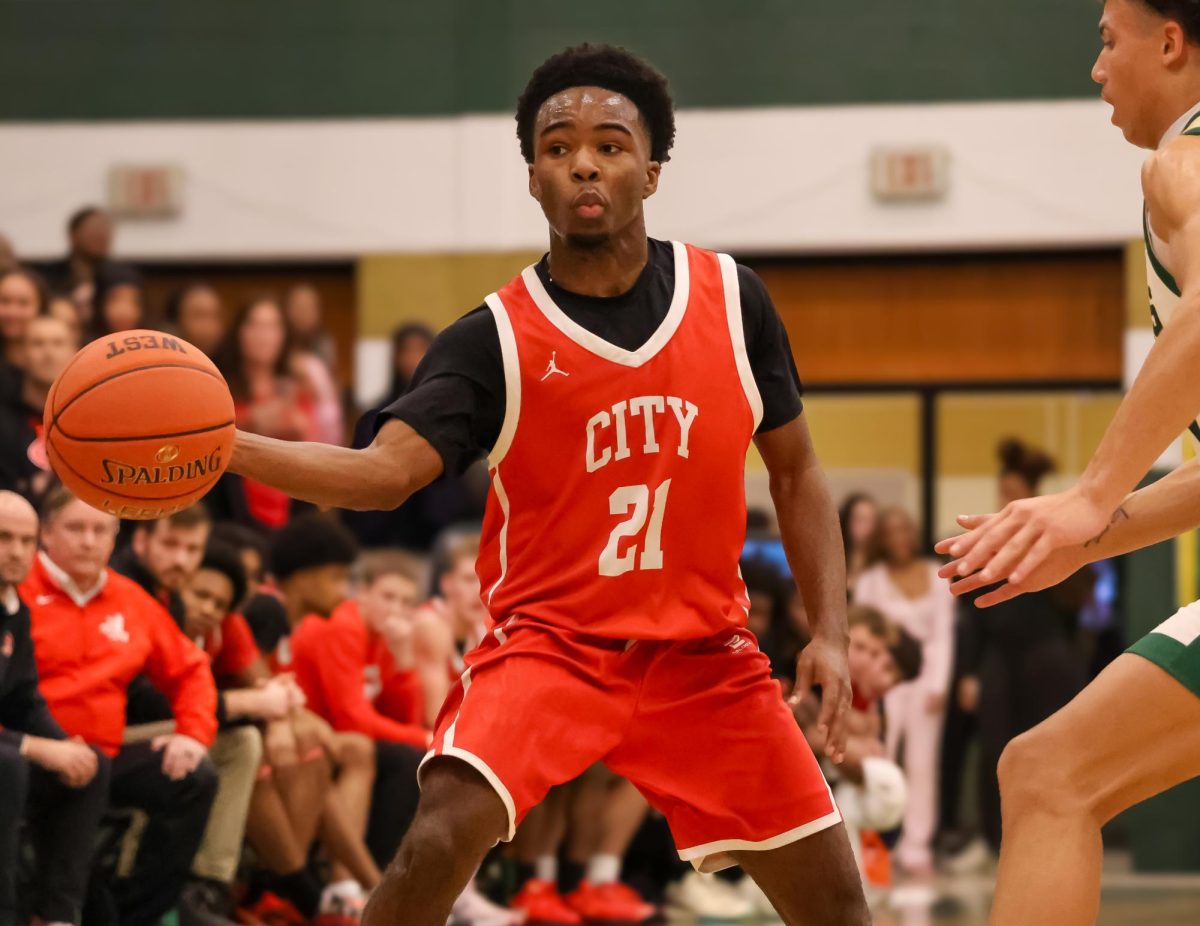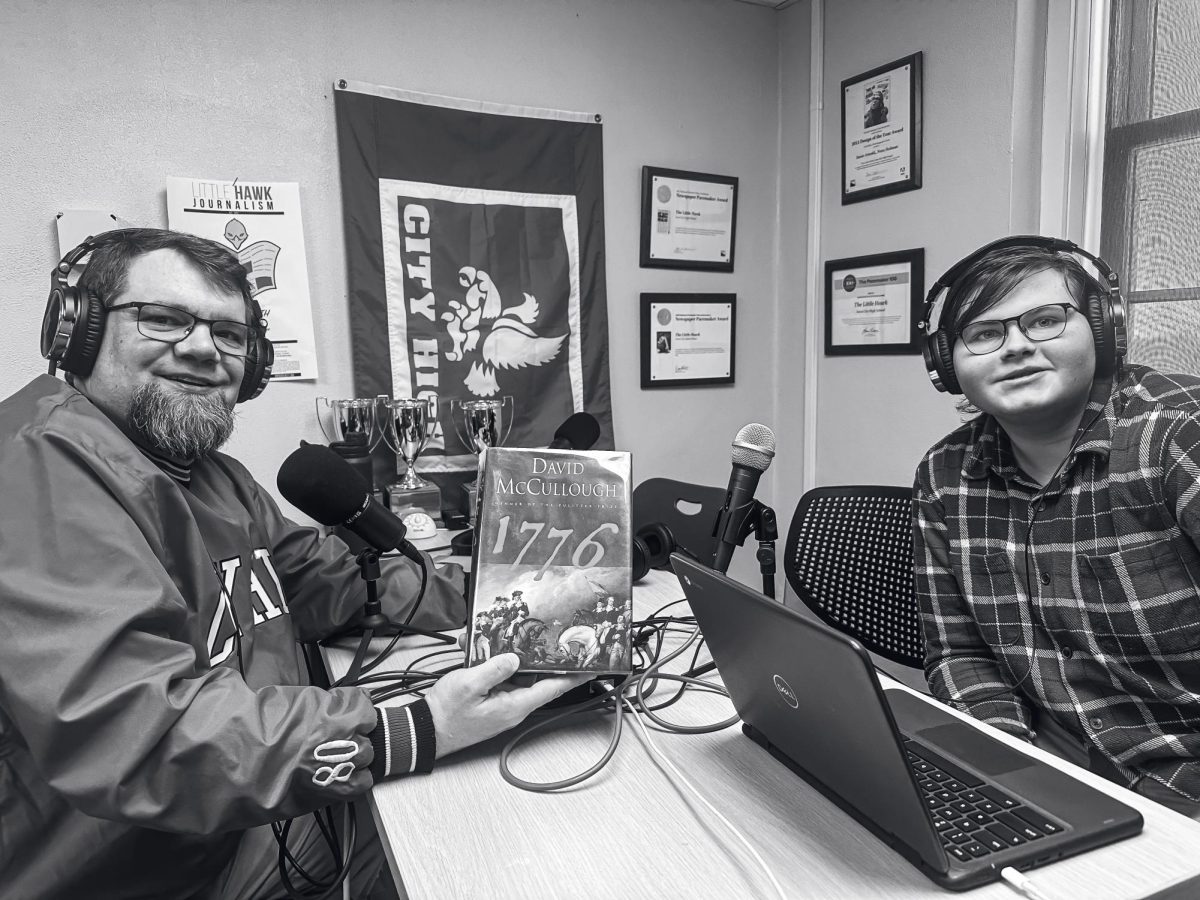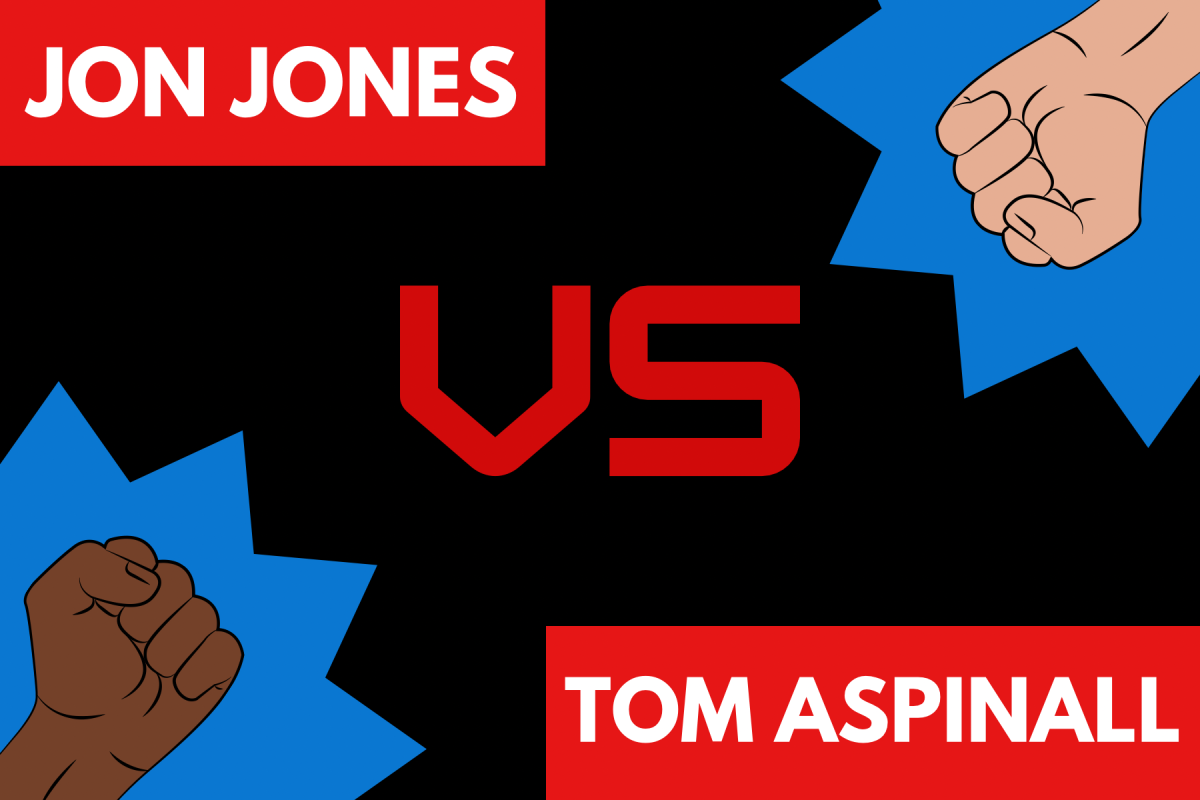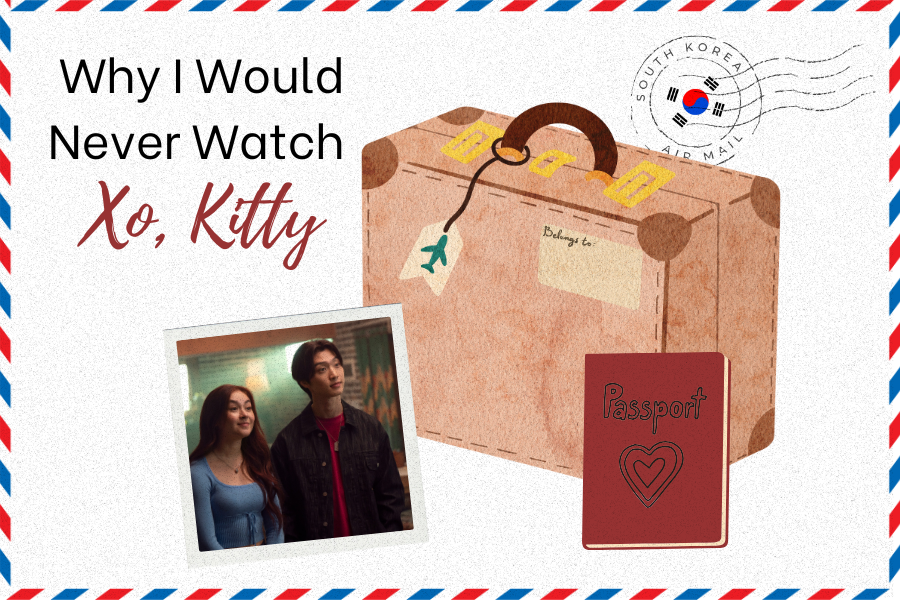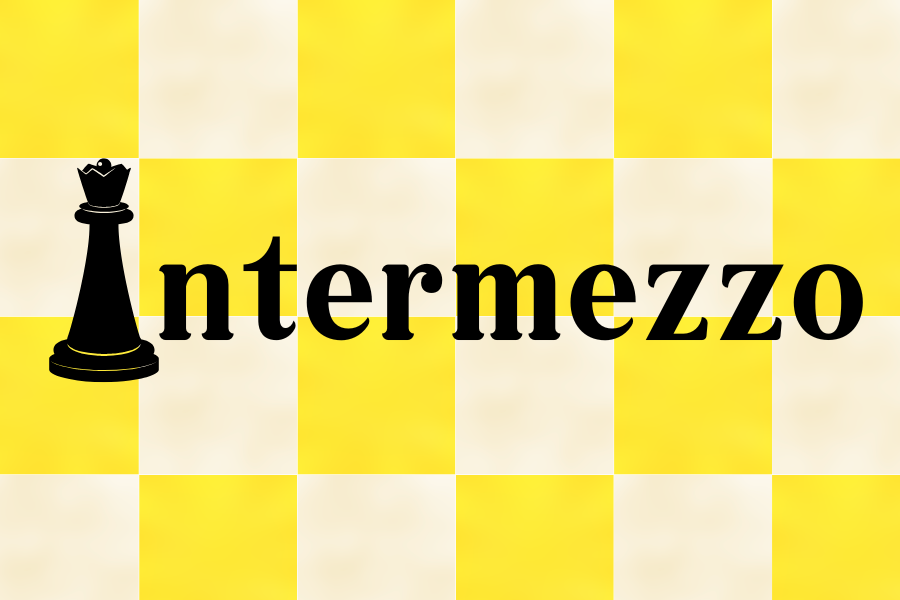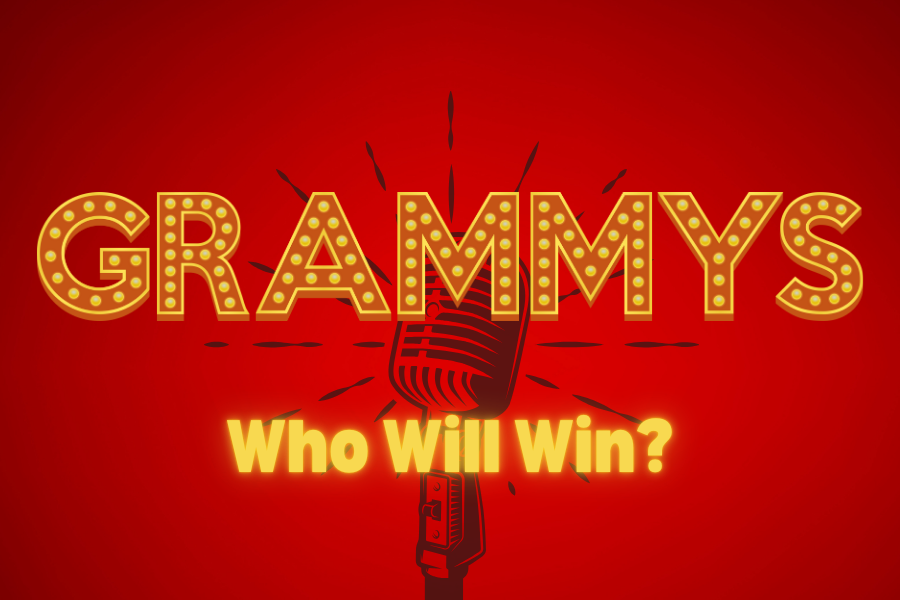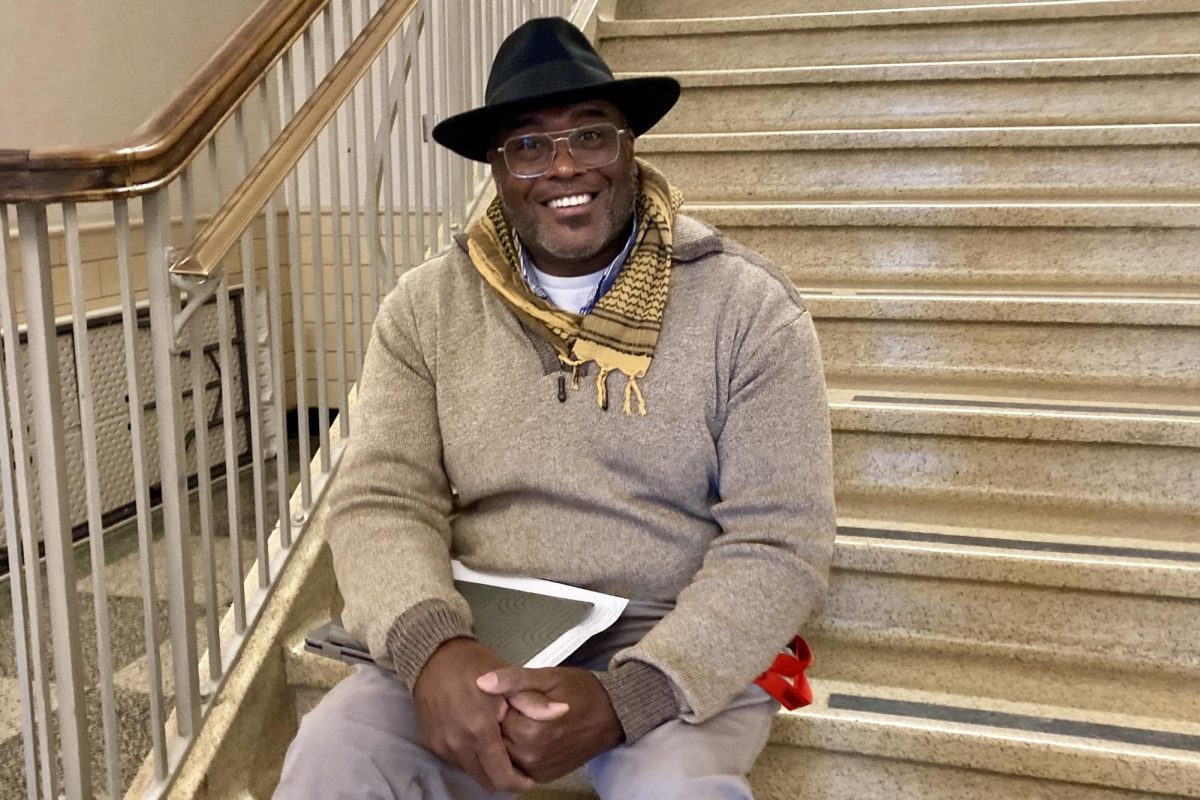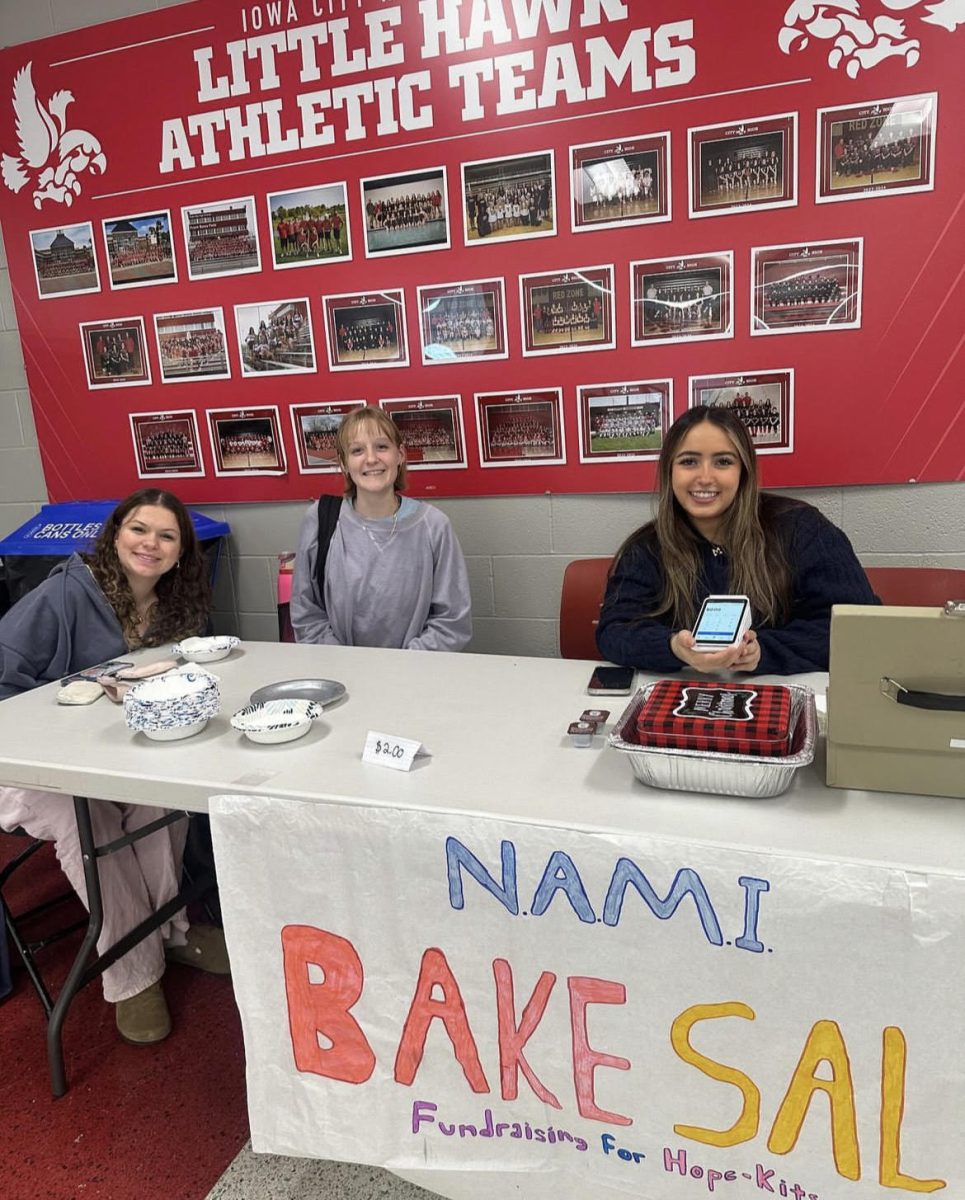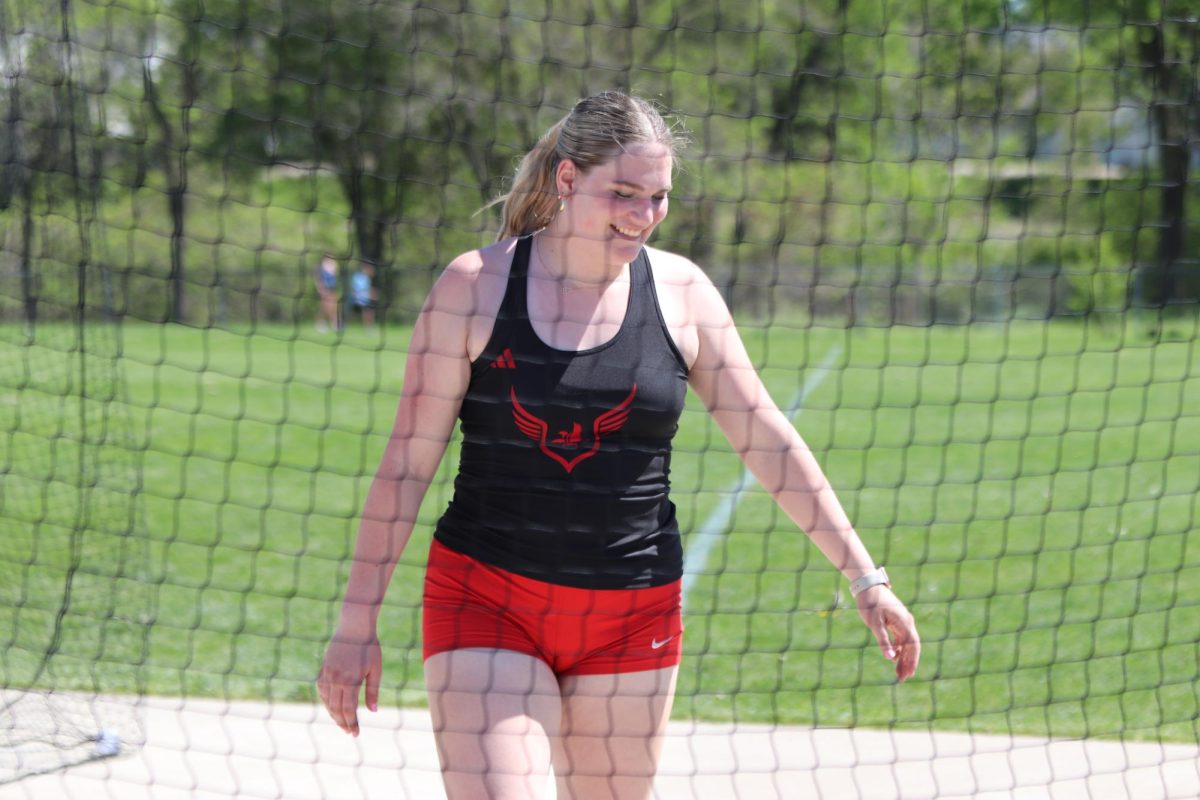The bell rings, signaling the end of third period at City High. As students rush into the first-floor hallway, many recognize the familiar figure of Brad Kelly, six feet, seven inches tall, substantial in the crowd. They rush toward Kelly, surrounding him, eager to say hello and reminisce about their junior high school years.
Kelly is the one and only Restorative Justice Coordinator in the Iowa City Community School District (ICCSD). After being a Student Advisory Coordinator at South East Junior High School for years, he took on the role of Restorative Justice Coordinator in 2021.
Kelly describes his job as requiring him to be “a person who is charged with creating spaces for community when community doesn’t want to be in community.”
In a large and diverse public school, such as City High, misunderstandings and conflicts can arise. “Sometimes, when people are hurt or fear others, they don’t want to even sit down at the same lunch table because of the fear,” Kelly said.
Through work with restorative circles, Kelly brings the parties together in an understanding. Restorative circles give all participants the opportunity to speak openly about their perspectives and listen to one another in order to reach a mutual acceptance. “I’m hoping that I am a catalyst to bring different pockets of community, or different communities, together, to [help them] see their similarities, move through their differences, and look past the hurt,” Kelly said.
Kelly’s vision of restoration goes beyond working through conflicts when they occur. He believes it is essential to create a strong and respectful community in order to prevent many issues from arising. He has worked to put place groups in which students work together. During his time at South East Junior High School, Kelly formed the Outreach Leadership Team, a diverse group of 7th and 8th graders dedicated to creating community, discussing diversity and inclusion programs, and welcoming incoming 6th graders into the school.
“I look at practices that the District holds valuable and true to what it means to educate all kids, and make for certain that they are allowing all kids to have the same opportunities. . . so that all kids [at City] receive that same ultimate goal of an Iowa City High School Diploma,” Kelly said.
City High Principal John Bacon said he feels privileged to know and to work with Kelly.
“I’ve learned a lot from Mr. Kelly about how to treat people,” Bacon said. “I really look up to him as a role model when it comes to building positive relationships, treating people with genuine respect, seeing the best in people, believing in people, not judging people. . . . He is leading the way with helping our school district embrace restorative practices, and I think that is very important work.”
Kelly was born in Iowa and raised in Mississippi, a state in which at least four generations of his family had resided.
“A couple of those generations were slaves and others later raised in a Jim Crow South until I was born,” Kelly said. “Perhaps that connection and understanding have placed in my spirit a sense of belonging to a community of people who care about the success of others.”
As a student, Kelly participated in his community through athletics and other activities. During high school, he played basketball, football, and tennis, and ran cross-country. He was also a member of orchestra, band, and choir.
During this time, Kelly learned a great deal about the value of restoration and community from listening to his elders share stories of the Jim Crow South. “These people I speak of would be 84 to 135 years old if they were still alive,” he said. “I have been blessed to hold conversations with relatives who were born in 1885 into a society that did not want or welcome them for the value they possessed.”
But despite their lives of hardship and adversity, Kelly’s relatives told stories of community, support, and forgiveness. “And if my relatives [had not had] a community of restoration for each other–a community where they saw the best in each other, challenged one another, corrected one another, forgave one another, found solutions to obstacles, and offered hope when it felt hopeless–there would be no Mr. Kelly to interview,” he said.
“So my childhood and life today are based on having a restorative lens and on how I should move through this life offering restoration, community, purpose, and forgiveness to those who desire and deserve a place called community.”
In the stories of Kelly’s childhood, time and patience were required to restore community after historical injustice. For this reason, he continues some restorative circles long after open conflict or hard feelings among students have passed. He is still meeting with City High students about differences from their South East days.
Liz Degner ‘26 first met Mr. Kelly when she was in 7th grade at South East. She was a member of the Outreach Leadership Team and has participated in a number of restorative circles.
Degner praised Kelly’s ability to listen to different points of view with empathy and validate each. “I think that’s a very important part of restorative justice circles–active listening–and he was really good at it. If somebody did something wrong, instead of being immediately like, ‘This is terrible, you’re in so much trouble,’ he helped you understand why you were feeling the way you needed to do that,” Degner said.
Degner said that she learned from Kelly to be patient and to give others the benefit of a doubt.
“You never know what somebody’s going through. So listening to everybody and not thinking about what you’re going to say next, thinking about what they’re saying in that moment,” Degner said. “I think these were very valuable lessons to learn.”
Jude Geerdes ‘24 and other students met with Kelly every week at South East to discuss problems in the school and how to fix them. Geerdes enjoyed hearing Kelly’s “infinite personal stories” and appreciated that Kelly often brought food for students.
“He wants every kid to feel comfortable, and he really has everyone’s best interest at heart,” Geerdes said. “At the end of a circle, it always feels like you’ve grown.”
Kelly acknowledged the need for disagreement. “We all need to be challenged,” Kelly said. “It’s just: do we challenge each other with dignity, and regard for the purposes that we all have, or do we just dismiss each other?”
“I am very much aware that people will hurt one another without purpose or even on purpose. This is when one has to say, ‘How can I look past the hurt, [and] still see the value in what you can offer to the community, and help you walk into that value you can bring?’”
Kelly’s dedication to ICCSD students sets an example of listening with compassion to students from all communities.
“Sometimes, it’s hard for kids to show up at school,” he said. “It makes no difference what their background is, how wealthy or not wealthy they are, their race, their gender, or how they identify–when it’s hard for kids to show up at school, then are we doing what we need to do to help them show up as their best? Are we doing what we need to do to help them feel a little less anxious? Are we doing the things that will allow them to feel welcome, especially if there is a situation where somebody has been hurt, harmed, bullied, harassed, and they still have to come back in this school? Any project that will address this for any kid–despite any of the things I mentioned earlier–that’s the project that we need to be focused on, and that’s the one that gets me the most excited.”
Kelly sees the building of community as essential to the society of the future, both inside of the Iowa City Community School District and outside of it.
“Your community for the rest of your life is going to be those people who have these shared understandings of the world, whether they grew up in Iowa or in New York,” Kelly said. “You will always be yoked to people who were born in 2007 or 2006. . . That is your community. And you all need to be prepared to embrace that outside of Iowa. So having that understanding [of community] before you get outside of Iowa. . . would allow for that [transition] to be a lot more fun, and a little less anxiety-driven.”
“[I’d like to say] thank you to Mr. Kelly for all he’s done for me personally and for our school district,” Bacon said. “If all of us could be a little bit more like Mr. Kelly, the world will continue to become an even better place.”
At the end of the day, Kelly’s most important message to the City High community is loud and clear in the minds of all those who have known him.
“Look past the hurt.”






